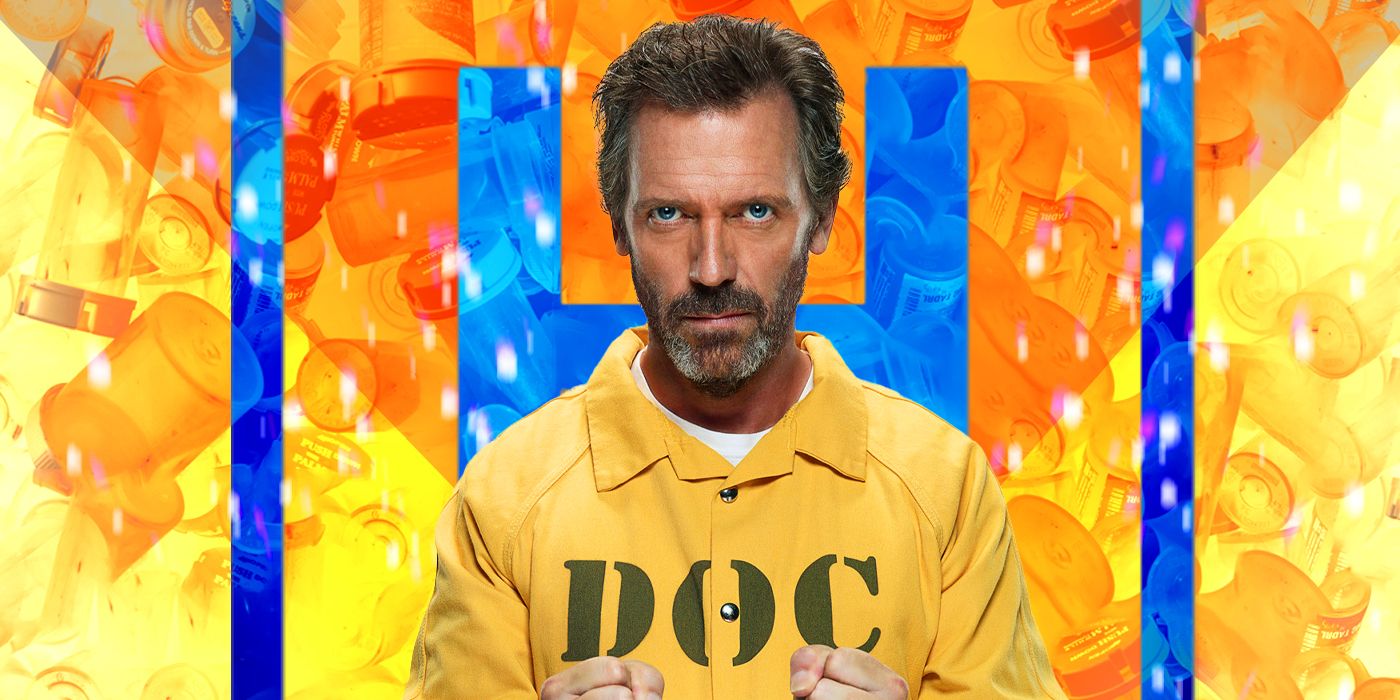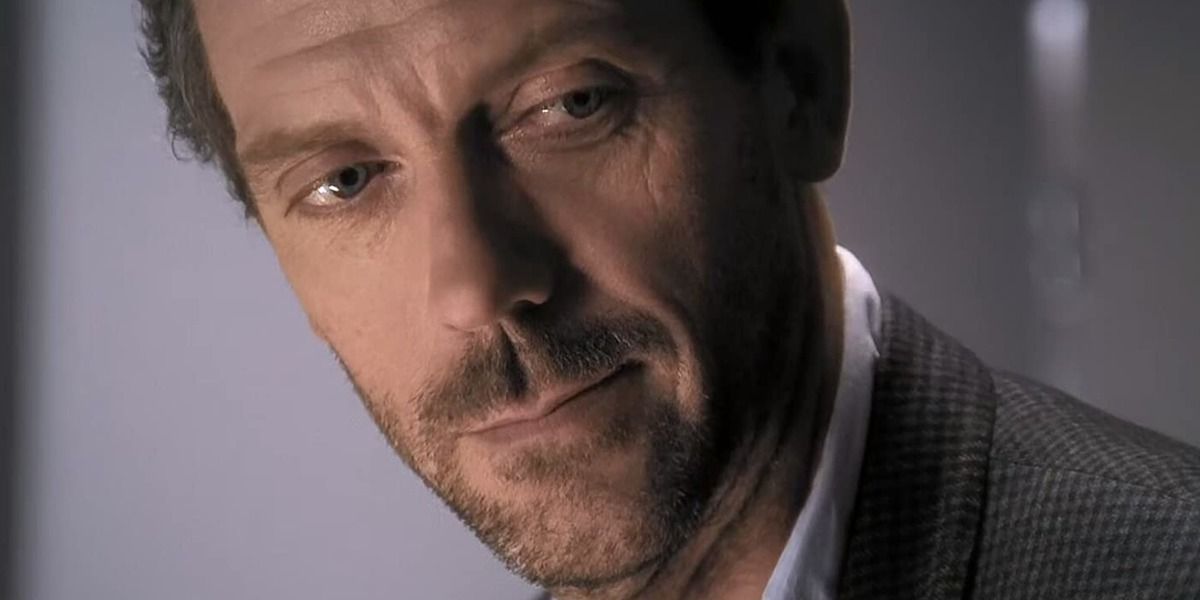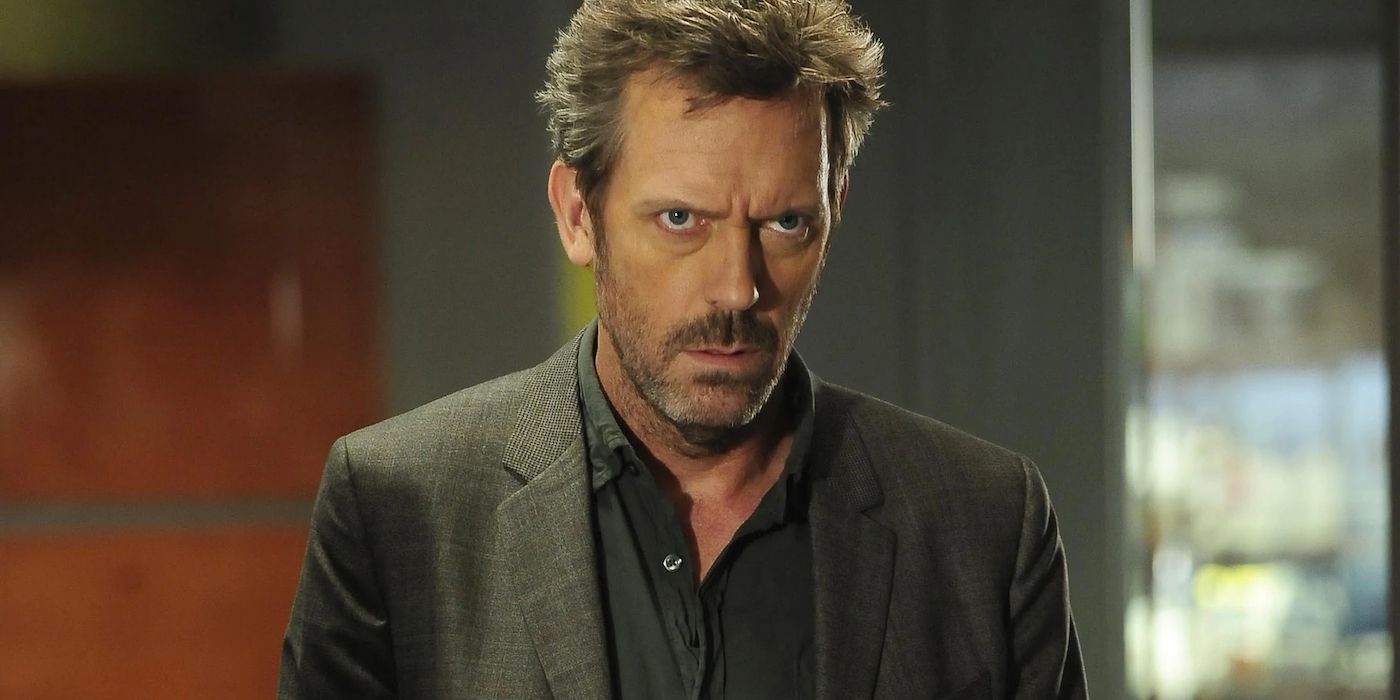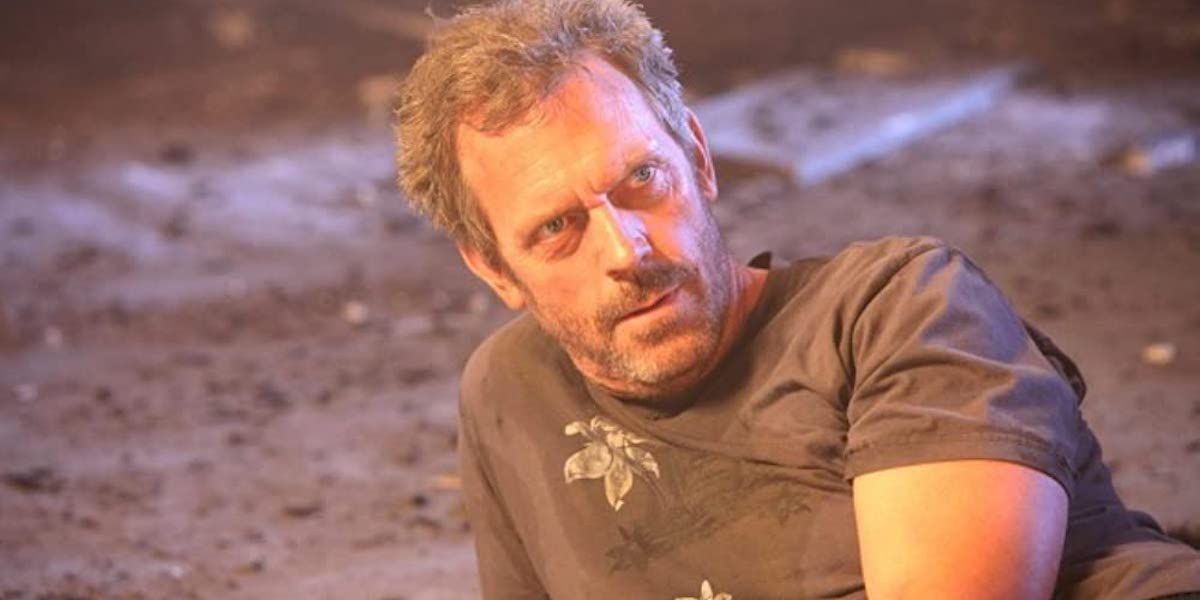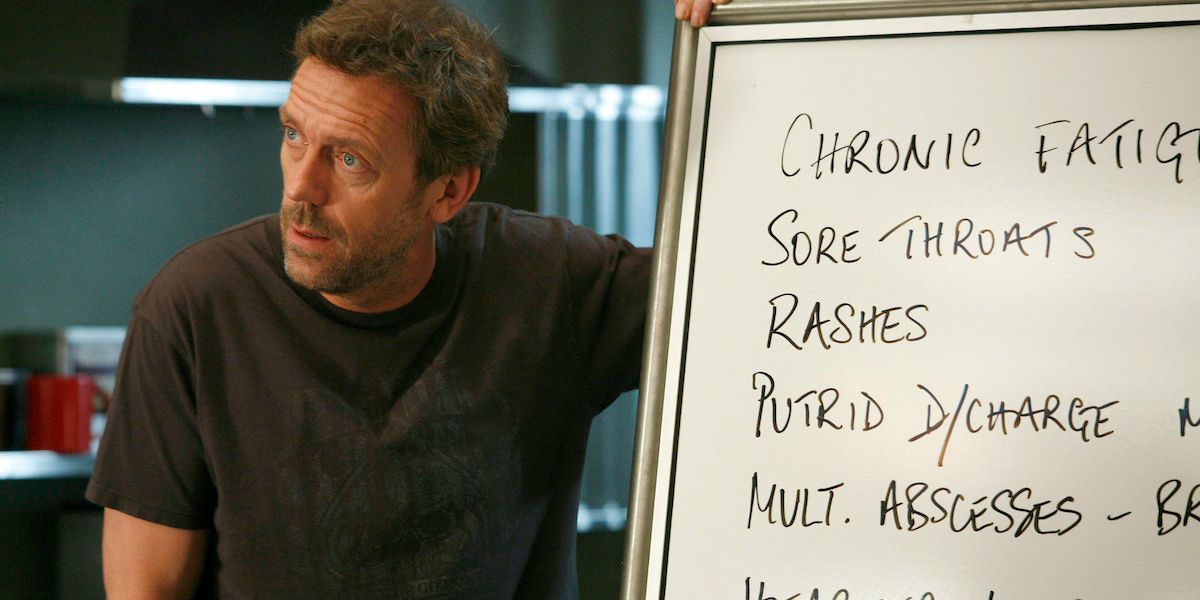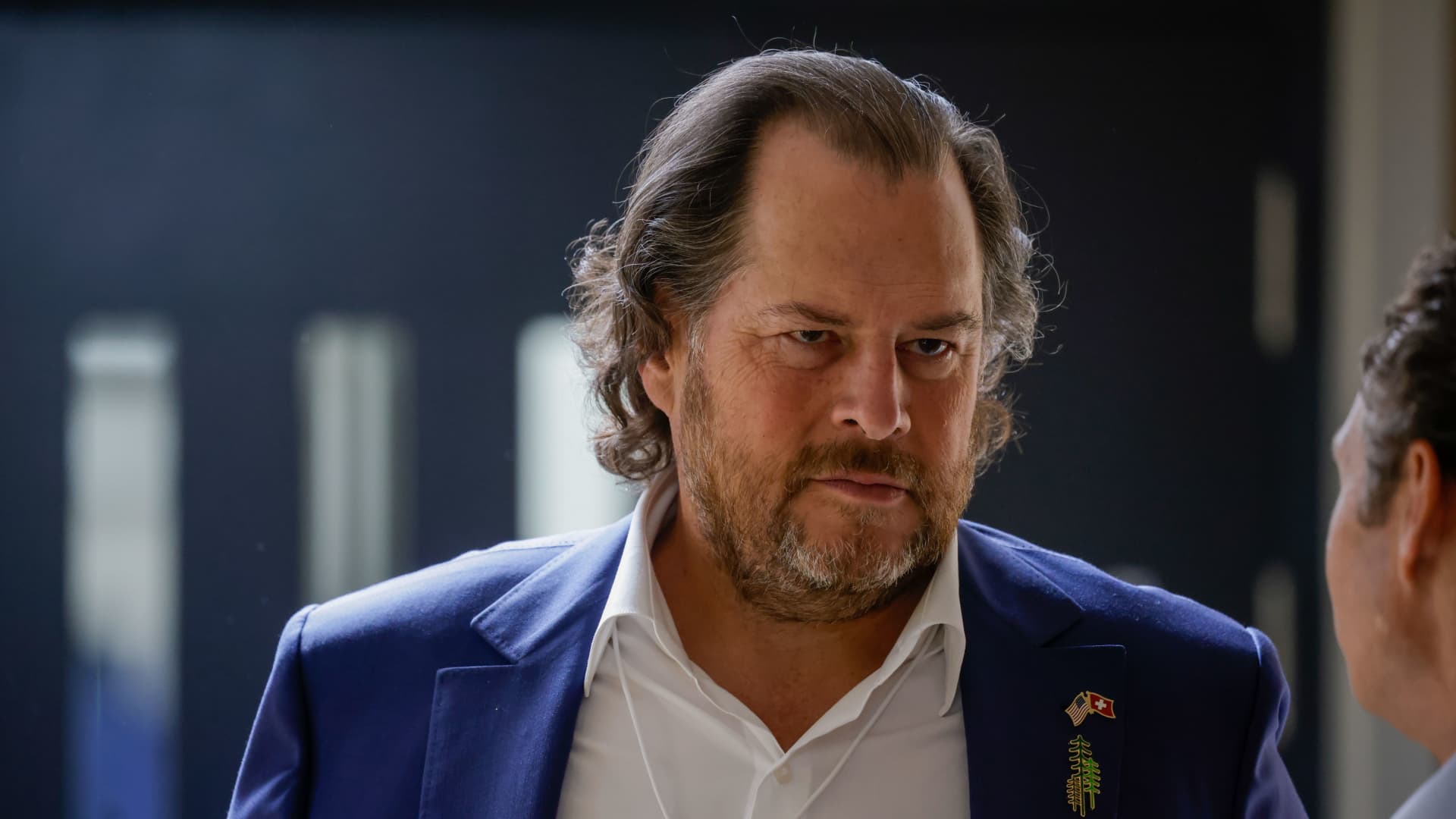House M.D. has been off the air since 2012 and should stay that way…because it’s so good. The multi-award-winning medical drama ran for eight seasons, and there has never been talks of a revival since it concluded. A regular contender admist the best medical dramas of all time, House M.D. made big waves when it was originally on the air, particularly because of the intrigue around its arrogant and unconventional main character – Dr. Gregory House (Hugh Laurie). Series creator David Shore has since developed the similarly successful The Good Doctor which is currently on its sixth season.
Despite the very real risk of tarnishing the legacy of the original, TV revivals have become incredibly common with shows such as Dexter, Veronica Mars, and The X-Files all having been revived years after the original finales, and recent announcements have confirmed Criminal Minds and Daredevil will be returning to our screens soon too. However, some shows deserve to just be left alone, and House M.D. is one of them.
‘House M.D.’ Cast Played a Significant Role in Its Critical Acclaim
British actor Hugh Laurie was incredible as the titular Dr. Gregory House, a troubled genius who leads a team of diagnosticians to solve complex medical problems at Princeton-Plainboro Teaching Hospital. Over the years, House is accompanied by Dr. Foreman (Omar Epps), Dr. Chase (Jesse Spencer), Dr. Wilson (Robert Sean Leonard), Dr. Cameron (Jennifer Morrison), Dr. Taub (Peter Jacobsen), Dr. “Thirteen” Hadley (Olivia Wilde), and Dr. Kutner (Kal Penn), who all work under the hospital’s Dean of Medicine, Dr. Cuddy (Lisa Edelstein). In the later seasons, House is joined by Dr. Masters (Amber Tamblyn), Dr. Adams (Odette Annable), and Dr. Park (Charlyne Yi). The characters and performances have been a prominent reason for the show’s critical acclaim and popularity with audiences.
Dr. Gregory House Was Based on Sherlock Holmes
Shore based the series’ main character on Sir Arthur Conan Doyle’s Sherlock Holmes, and there are many nods to the British detective throughout the show. The similarities of the characters stretch further than just the names (Holmes/House and Watson/Wilson) with House’s deductive skills, arrogance, and drug addiction being reminiscent of Holmes. Sporadic episodes throughout the series contained references to Doyle’s detective. One of the author’s most famous Holmes mysteries was a vital inspiration to Shore for the way he concluded the medical drama. Shore co-wrote and directed House M.D.’s finale, and paid homage to Doyle’s 1893 short story The Final Problem in which Holmes fakes his own death. Ironically, this was to be the final Holmes story until Doyle revived the character almost ten years later.
‘House M.D.’s Final Season Stuck the Landing
While House M.D.’s eighth and final season was slightly below the show’s usual standards, it had a few highlights with one of the strongest aspects being the show’s treatment of Wilson’s terminal cancer diagnosis. Best of all, it stuck the landing with the final episode. It provided closure to the series in a beautiful and bittersweet way, and all the significant relationships which had been so well developed over eight years were brought to a heartfelt end. Most of the finale takes place in an unknown abandoned building which is slowly being engulfed in flames. House awakens next to a dead body and must decide whether to escape the fire or allow himself to perish. He goes about this by arguing with visions of various characters who have not featured in the show for some time. House is in a tough place at the start of the finale; in the penultimate episode, he is informed that his parole will be revoked and he will have to go back to jail for six months – a month longer than Wilson is expected to live.
Hallucinations and visions have always been a frequent occurrence due to House’s drug use. Some might argue that he was a doctor who probably shouldn’t have had a medical license. The series handles his addiction issues superbly for the most part, and some of the biggest shocks have been delivered through his mind-boggling hallucinations – who could forget season four’s incredible finale!? Familiar faces are welcomed back, and it is touching to see many of them patch up their relationship with House. It gives House (and the audience) the opportunity to say goodbye to the characters who were such a pleasure to watch for so many years. In a beautiful montage to Warren Zevon’s “Keep Me in Your Heart”, we see where all surviving characters are at in their lives for the last time.
House’s conversations with his subconscious runs simultaneously with a concerned team at Princeton-Plainsboro desperately searching for him and a missing patient. As a result, some characters have little screen time in the episode. However, Shore rightfully keeps House and Wilson at the forefront of the finale. Wilson’s speech at House’s funeral being interrupted by a text from House himself was a wonderful reflection of their turbulent friendship. When they meet again and share a smile of relief, it is one of the series’ most heartwarming scenes. It is hard to imagine a more fitting final line than House reassuring Wilson’s health worries by smiling at him and telling him “Cancer’s boring” before the two of them ride away together on motorcycles. This melancholic final scene is a perfect way for the show to conclude, and reflects its consistent brilliance at balancing comedic and serious tones.
House and Cuddy’s Relationship Doesn’t Need to Be Revisited
The finale has been noted for the absence of Cuddy. In actuality, this was due to the limited budget for season eight, and Edelstein being unable to agree to a salary cut at the end of her contract. As unfortunate as this is, it still works in the end as it shows growth in House’s character. He and Cuddy simply did not work as a couple, and enough turmoil took place during their romance that reconciliation was a near-impossibility. House does not have a vision of Cuddy because they have both moved on from each other – he drove a car through her dining room at the end of the seventh season as a smug farewell to her, and he paid the price for it. That fateful episode was entitled “Moving On” to quite literally move the show on from House and Cuddy’s romantic relationship. It was the final straw in the House-and-Cuddy love story, and though it may not have been exactly what fans wanted, it was a bold and worthy move from Shore.
Critics were actually split on the finale and the consensus was mixed, but it was adored by longtime fans of the show. A revival would remove so much emotion from that final episode. No one really wants to see Wilson die, and House live a lonely life under a new identity while everyone else remains separated – that would just be depressing. To leave the end of some storylines up to fans’ imaginations shows respect to the fans, and to attempt to carry the show on in any way would be simply diminish the show’s effectiveness. Long-running TV shows having a definitive ending should be normalized, and needless subpar revivals do not need to be so common. The truth is, a revival of House M.D. would be entirely unnecessary. The epic story of the medical mastermind has been told, and has left no room for a continuation.




























































